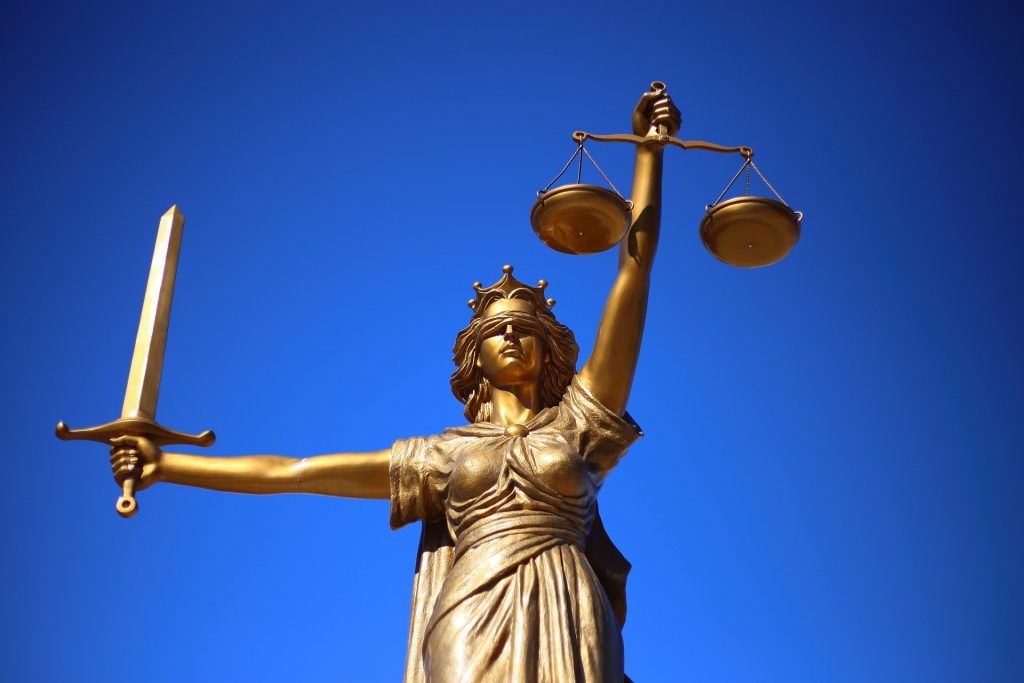We’ve considered what happens if you are called for jury duty. Next, we’ll discuss what your obligations are if you are selected to serve as a juror.
The composition of a jury
In a criminal trial in the District Court or Supreme Court, there are usually 12 jurors. The jury must come to a unanimous conclusion. If the jury cannot reach a unanimous verdict after a significant period of time, and it is unlikely that the jury will reach such a verdict, a majority verdict may be accepted. A majority verdict is one agreed to by 11 out of 12 jurors.
If the court determines that it is unlikely that the jury will reach a majority verdict, the court may discharge the jury and a retrial may occur.
Obligations
Jurors are the sole judges of the facts. This means that it is generally up to jurors to decide what evidence to accept and what to reject. One aspect of this role is deciding whether or not to accept the evidence of witnesses by judging their truthfulness and reliability. It is possible to reject some things that a witness says, but accept other things. Ultimately, jurors hear the evidence and apply the law (as directed by the judge) to the facts to decide if a person is guilty or not guilty of an offence. The judge may give the jury warnings about how to apply the law or how to approach certain evidence. Jurors are required to apply this law, but deciding the verdict is solely the responsibility of the jury.
Jury members must take an oath or affirmation at the beginning of a trial to ‘give a true verdict according to the evidence’. This means that jurors have an obligation to consider the evidence fairly and without prejudice to either party, and must come to a verdict based on the evidence in the trial.
Key Takeaways
- Jurors decide on the evidence's credibility and apply the law to reach a verdict in criminal trials.
- A unanimous verdict is required, but a majority (11 of 12 jurors agreeing) may be accepted under certain conditions.
- Jurors must take an oath or affirmation to give a true verdict based on evidence, without prejudice.
- They cannot disclose deliberation details or seek additional information beyond the courtroom evidence.
- Misconduct or violations of jury obligations can result in legal penalties.
What jurors cannot do
Jury members have a number of other important obligations while serving on a jury. First, members must not tell anyone about the deliberations of the jury or how the jury (or a member of the jury) came to a certain conclusion that arose in the trial. Doing so can result in a fine of $2,200.
Jurors cannot make an enquiry to gain further information about the accused or any matters relating to the trial, except in the proper exercise of their duty (in the courtroom). This includes doing things like checking an internet database, viewing a certain place or object (outside of the trial environment) or conducting an experiment. This is important, because the jury must come to a conclusion about the offence charged, rather than incidents surrounding an allegation, and their verdict must be based solely on the evidence produced by each party. Making further enquiries is a criminal offence under the Jury Act. The maximum penalty for such conduct is 2 years’ imprisonment, or $5,500 or both.
Jurors can report any suspected misconduct or irregularity of other members of the jury. ‘Irregularity’ is defined in the Jury Act to include:
- the commission by the juror of an offence under the Jury Act or any other misconduct,
- a juror becoming excluded from jury service,
- the refusal of the juror to take part in the jury’s deliberations,
- the juror’s lack of capacity to take part in the trial (including an inability to speak or comprehend English),
- the juror’s inability to be impartial because of the juror’s familiarity with the witnesses, parties, or legal representatives in the trial, any reasonable apprehension of bias or conflict of interest on the part of the juror, or any similar reason.
If you have questions about jury duty, contact Hamilton Janke Lawyers 24/7 on 4038 1666.
Written By

James Janke
James Janke is founding partner at Hamilton Janke Lawyers, and has more then decade of experience as a Criminal Defence Lawyer. Admitted to both the Supreme Court of New South Wales and High Court of Australia
Reviewed By

Drew Hamilton
Drew Hamilton is founding partner at Hamilton Janke Lawyers. Admitted to the Supreme Court of New South Wales as a Solicitor and also listed on the High Court of Australia register.




